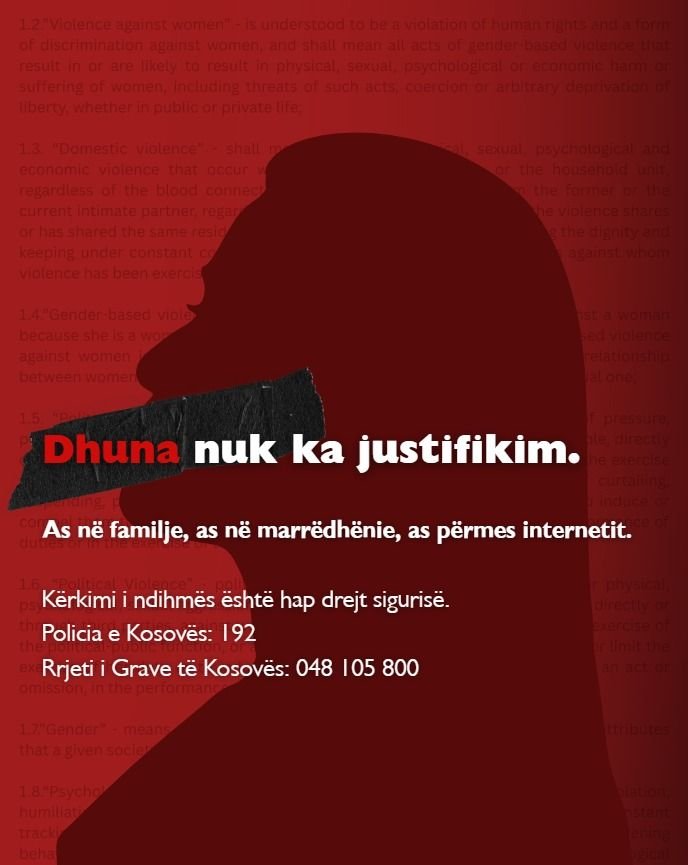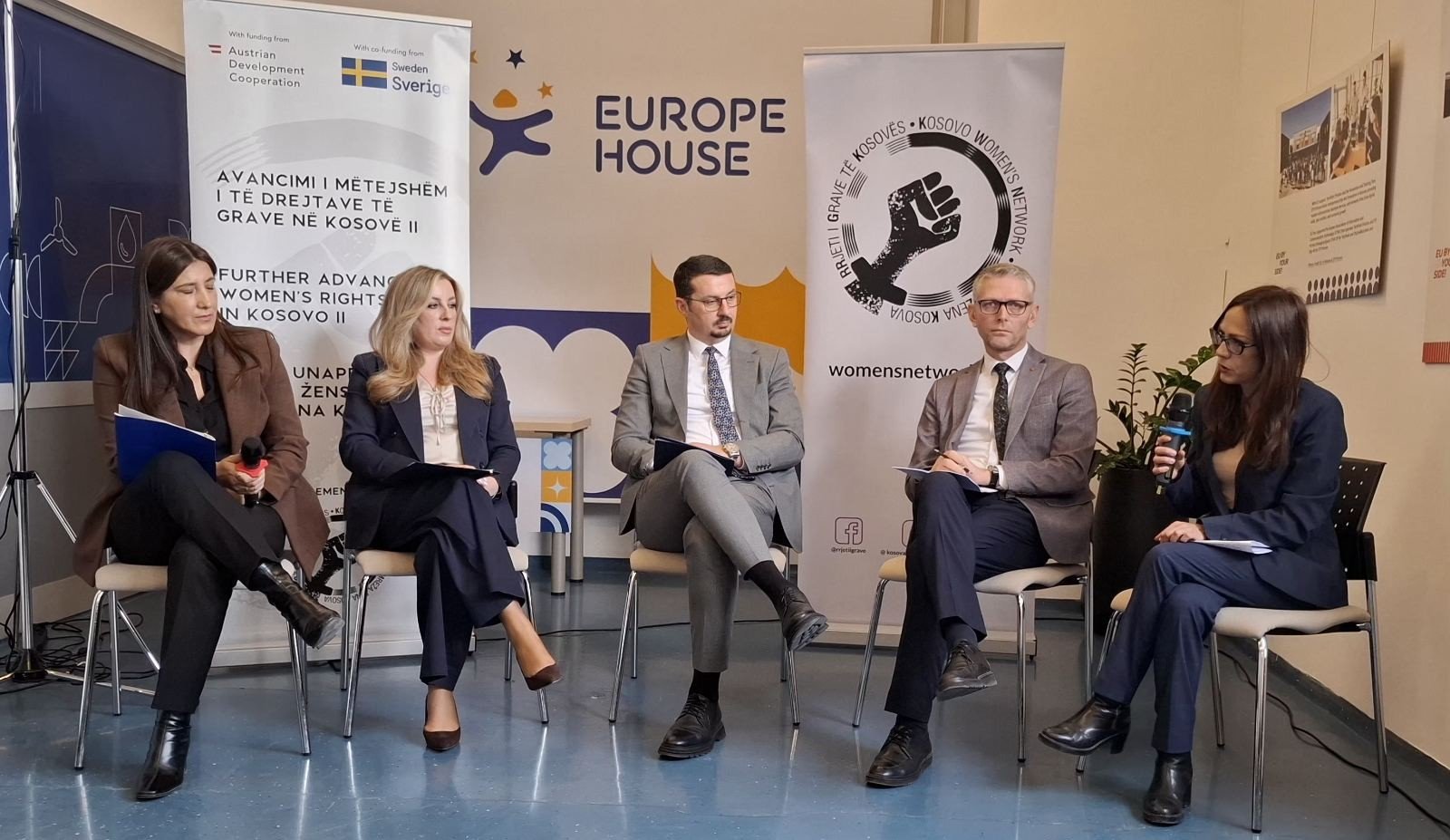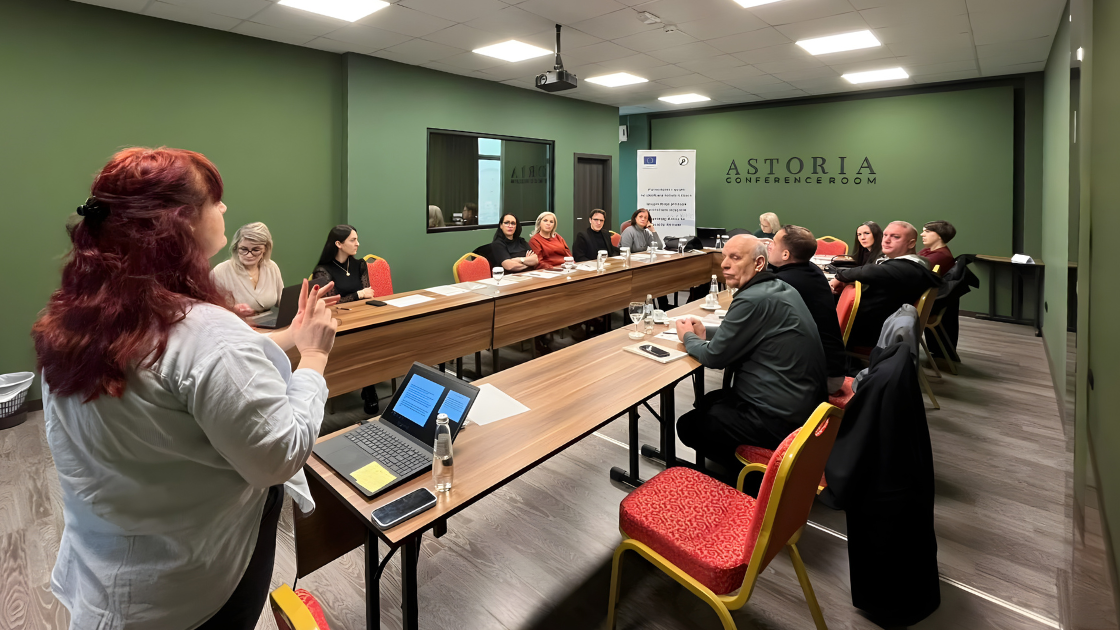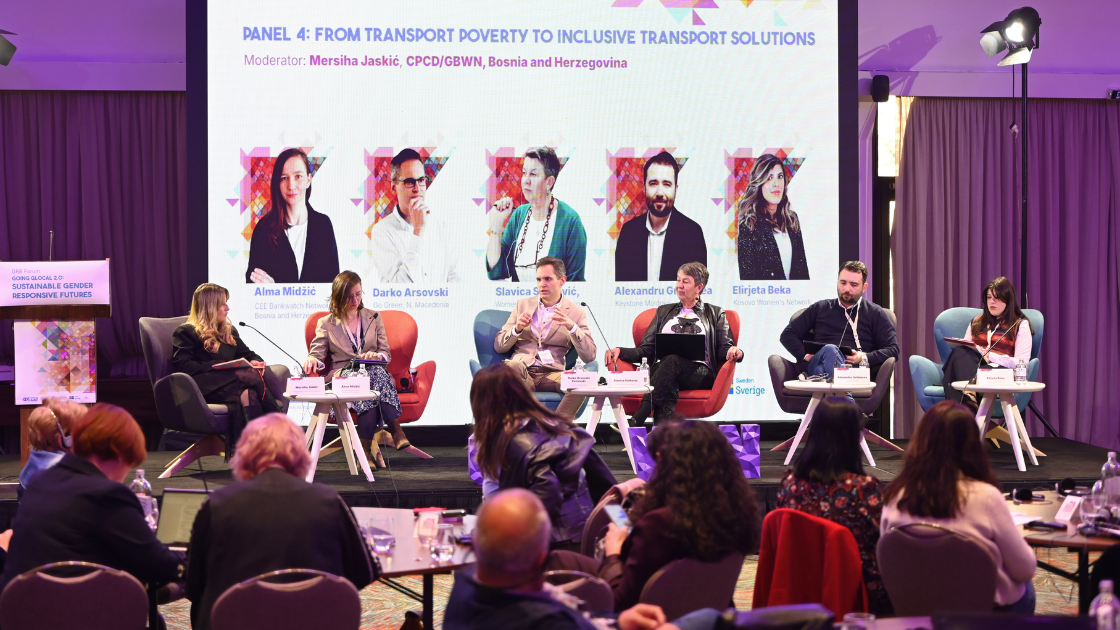“Ajnishahe was an extraordinary woman, a courageous individual with strong integrity. She was among the early activists, having been involved in the Reconciliation Movement during the 1990s. Throughout the war, she remained actively engaged, and her dedication to the community continued even after the conflict had ended. Her unwavering commitment served as an inspiration for many young women seeking to become activists.”
This is how Ajnishahe Halimi, the well-known activist from Skënderaj, remembers her friend and colleague, Valdete Idrizi. Ajnishahe Halimi was already known for her courage before the war, as she had demonstrated it when, alongside other activists, she attempted to provide a dignified burial for the victims of the Prekazi massacre.
She was a firsthand witness to one of the initial attacks on the Jashari family, which occurred on January 22, 1998. After the war, Halimi briefly served as the tour guide of the “Jashari’s “Adem Jashari’s Memorial Complex in Prekaz. She referred to the Jashari family as “The Mythical Proportions of Sacrifice,” a superhuman example of survival.
“Having known the Jashari family members before their sacrifice at the altar of Freedom is not a merit; it’s fate. I was fortunate to know them, to recognize the beautiful children, the loving and intelligent individuals who were rare to come by. The women, hospitable, and noble, were hard to find. Men like them, generous, brave, wise, and kind to friends, were a rarity,” Halimi had said.
In an interview with KWN, Valdete Idrizi describes Mrs. Halimi as an inspiration on how to contribute to the community.
“I met her for the first time at the “Adem Jashari” Memorial Complex, where she worked as a tour guide. She was a Cicero woman who had a deep familiarity with Adem Jashari and the entire family. While I had heard of her, I had never met her until my initial visit to the memorial. I was impressed by her closeness to the subject, her extensive knowledge, her patience in addressing the numerous questions posed by visitors, and her detailed explanations about the Jashari family and their sacrifice,” she said.
Ajnishahe Halimi didn’t cease her pursuit of justice even after the war, steadfastly combating the negative trends in post-war Kosovar society. In Skenderaj, Ajnishahe was actively involved in education for girls across all the villages in Drenica. She provided unwavering support to women and girls, fearlessly raising her voice against a cleric who, at that time, encouraged young girls to cover up and attend the mosque in the village of Marine.
Following the mobilization of her and other activists and a petition to close the mosque in Marina of Skenderaj, suspected of being used for the activities of the “Rahma/Mercy” association by its imam Xhemajl (Kastriot) Duka, the mosque was eventually relocated from Skenderaj.
The “New York Times” also covered this issue, and Mrs. Halimi became part of the daily quotes of this prestigious American newspaper. She was quoted as saying, “Ajnishahe Halimi, a politician in tolerant Kosovo, where Saudi aid has often come with strings attached, such as requests to carry coins or participate in sermons in the mosque.”
Mrs. Idrizi describes Mrs. Halimi as “a down-to-earth woman who operated in a challenging environment, but with her knowledge, courage, and determination, she managed to inspire many women and girls to engage in public life.”
In her final years, Ajnishahe Halimi faced the challenge of breast cancer, which she turned into a mission to save lives. She organized awareness meetings about cancer with women in almost all the villages of Skenderaj. After meeting with them, many were diagnosed in the early stages, making treatment and recovery easier.
Ajnishahe Halimi was born on November 8, 1961, and she passed away in 2019.







